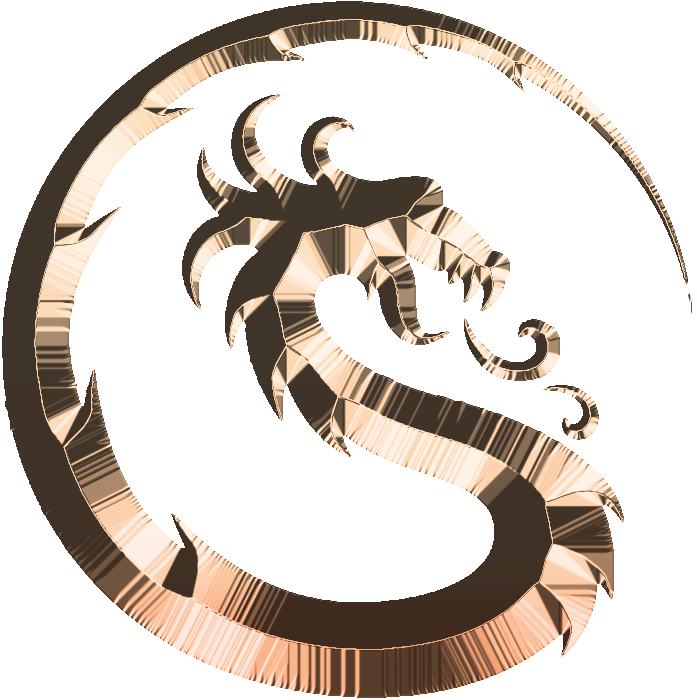 |
| Do you prefer Hercules or someone more like you? |
The problem started when all of these characters appeared to be found on small farms that were just waiting to be attacked by some evil enemy. And often these pastoral settings were the protagonist’s hiding place until some time of prophecy or other grandiose event (enter the Wise Wizard – the subject of next week’s post!). All this said, I liked this character in its day. In fact, David Eddings’ Belgariad was among the series I adored the most growing up, including its main character Garion, the young boy on Faldor’s farm who turns out to be the heir to the Rivan throne and the destined slayer of the evil god Torak. Eddings’ Belgariad was a bestselling series, and the popularity of many other fantasy series crafted around similar characters suggests there’s something about this character type that readers truly enjoy.
 |
| Garion worked in his day! |
Here’s why, in my view. This “everyman” character who ends up facing some important quest or challenge is an archetype which at least one author classifies as the “Messiah.” (See 45 Master Characters by Victoria Lynn Schmidt.) Archetypes represent ideals and images that have come to be accepted as universal models. This particular archetype is embodied by legendary and mythical personalities such as the biblical David, the shepherd boy who slays a giant. He is often a seemingly ordinary man (or woman) who ends up forced by some turn of events (often destiny) to have to save others from some great enemy or catastrophe. Sometimes this character has a secret origin, but in my view that just makes him or her more interesting.
The Messiah archetype shows up frequently in film and fiction, often in forms other than the simple farm boy, but always appearing, at least initially, as an “everyman.” A few examples include Luke Skywalker from Star Wars, William Wallace from Braveheart, Neo from The Matrix, and Harry Potter (“You’re a wizard Harry!”). Even the heroes from classic comics often have “everyman” identities before donning their superhero disguises. Think Clark Kent and Peter Parker just to name a few.
 |
| Harry Potter is just another variation of The Farm Boy with a Secret. |
The notion of a savior, especially one the reader can identify with, is very appealing. And that’s why I believe this character type is here to stay – because it has withstood the test of time and embodies something the reader desires. Now if we can just get him off the farm, he may be less cliché.

BJB
March 3, 2012 - 3:49 pm ·Captain Kirk of Star Trek (and, even Captain Jean-Luc Picard of Star Trek) grew up as farm boys. Kirk in the American midwest; Picard in a French vineyard. The recent Star Trek origins remake movie highlighted Kirk's farmland youth. You mentioned Superman as a footnote, but he could be in your first paragraph as a prototype. Ma and Pa Kent raised him on their farm. The recent Smallville TV series focused on this origin. But let's not forget, Superman predates most fantasy fiction, having been created between 1932 and 1938. I'll try to think of some additional examples and comment again, if I can.
BJB
March 3, 2012 - 4:02 pm ·Oh! Musn't forget The Dread Pirate Roberts! He was once the lowly farm boy Wesley.
BJB
March 3, 2012 - 4:13 pm ·Respectfully (and admittedly not being a student of the art of writing fiction, as you are), I think your minor reference to King David might vastly underestimate the influence of The Bible on this character type. So many of the heroes of The Bible grow from humble origins (and, considering the era, agricultural origins). Moses himself, although raised in Pharoah's palace, then spent a critical phase as a simple shepherd before evolving into his ultimate role. Accounting for the overall influence of The Bible on Western culture, there may be much more to say about its direct impact on this character type as a fictional archetype.
Joseph Finley
March 4, 2012 - 12:20 pm ·BJB – Thanks for the great comments! I'm not a Star Trek buff, but those are good examples. And I agree – I could have made this post just about comic superheroes since there are a ton of good examples.
I also totally agree with your point on David. The historical David was no simple farm boy, but the "myth" of David as a shepherd boy (even if not historically – or even biblically – accurate) is considered a predecessor to this archetypal characters (at least according to my main source – Schmidt's 45 Master Characters; incidentally, she also lists the Egyptian god Osiris as an early example of the Messiah archetype, for what it's worth.)
Shephard's book is a good read for anyone who writes fiction. Even if you don't agree with all of her classifications on archetypes. She lists Robin Hood and Ulysses as Messiah archetypes too, even though they both clearly were not "everymen" to begin with.